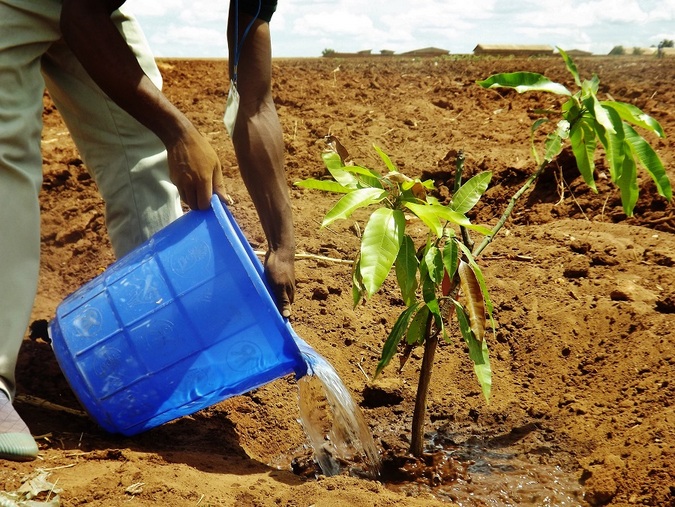
Written by Jonny Vaughan, CEO of Lilongwe Wildlife Trust
Three years ago illegal logging in Malawi’s Dzalanyama Forest Reserve became so rampant that army forces were deployed to the site to protect the trees. Although politicians have since taken action to address the deforestation crisis, the continued devastation of trees across the country has led some to call for the soldiers to return.
Militarising Malawi’s forests may sound like a drastic measure, but the truth is that the country is at a tipping point. At current rates of deforestation, Malawi could be stripped of all trees by as early as 2079. One of the major drivers of deforestation is Malawi’s dependence on wood for meeting its energy needs, given that 89% of Malawians don’t have access to electricity. Illegal cutting of trees on a commercial scale is fuelled by both a growing urban demand for charcoal within Malawi and an international demand for hardwoods.
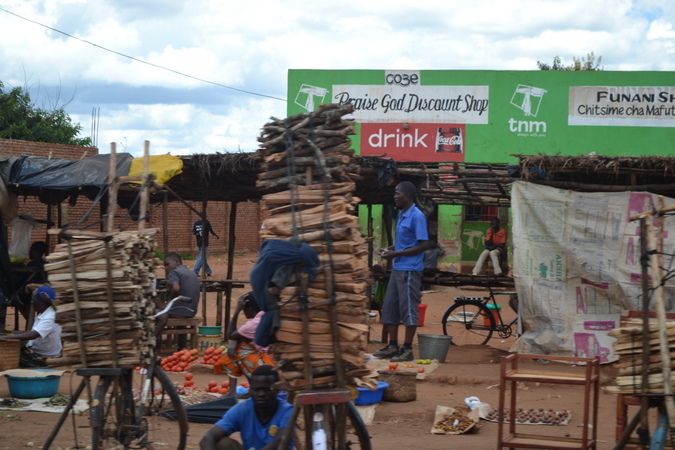
Rapid deforestation triggers a dangerous domino effect, leading to potentially catastrophic impacts on wildlife, biodiversity, ecosystems and weather patterns. The tragic fatalities as a result of recent flooding in southern Malawi is a stark reminder that land degradation can literally be a matter of life and death.
Putting the nation’s woodland under military protection is clearly not a long-term solution to this crisis. If we are to preserve the country’s most precious natural resource, the Government – and other stakeholders – must take a more progressive approach.
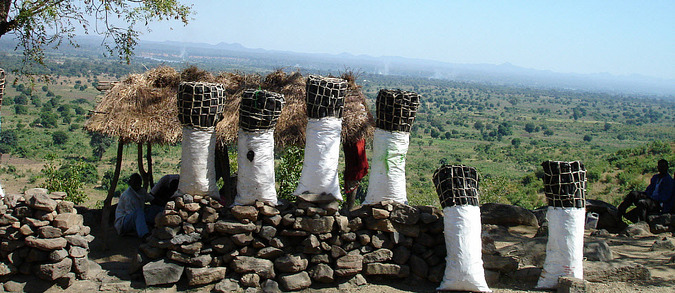
Initial signs are positive. Building on the success of its pioneering work to address the illegal wildlife trade, the Government is now turning its attention to wider conservation challenges, including deforestation. The National Charcoal Strategy is promoting alternative sources of cooking fuels, while a new Forestry Bill is expected to pass this year that will bolster regulatory mechanisms for the protection of forests and introduce stiffer penalties for perpetrators of forest crimes. Much of this work has been driven by the Malawian Parliamentary Conservation Caucus, of which Lilongwe Wildlife Trust is Secretariat. It is hugely encouraging to see that high-level political commitment to this issue cuts across party lines.
But political will and legislative reform is only part of the picture. Progress also depends on changing hearts and minds at the community level.
The theme of today’s International Day of Forests – ‘Learn to Love Forests’ – captures this point perfectly. The fact is that people protect what they value, which means that legal and political interventions to address deforestation must go hand-in-hand with targeted education and communications campaigns.
Instead of stationing troops in protected areas, we must build a national army of citizen-custodians who understand the significance of protecting trees and are empowered to live more sustainably within their environment.
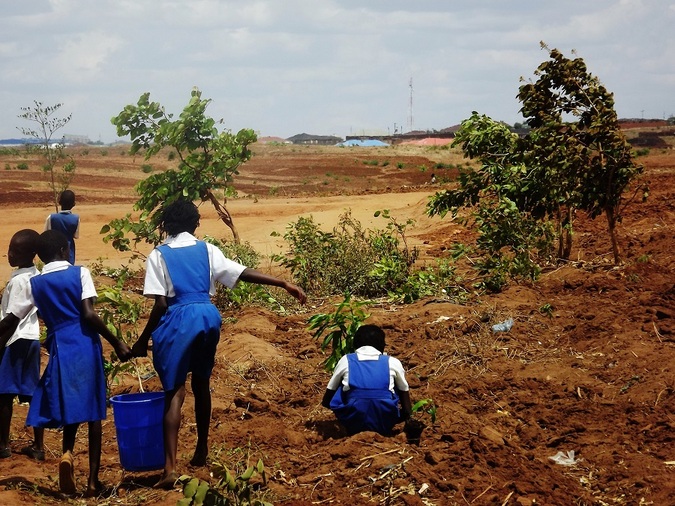
This is precisely why we are working in collaboration with the Government and UN Environment to design an ambitious national campaign that will drive more sustainable environmental practices. As a first step, we are conducting research into people’s attitudes and behaviours in relation to nature. We want to understand how people feel and relate to natural resources like trees so that we can identify crucial levers and barriers to changing behaviours.
As part of this work, we will also develop an ‘ecological consciousness score’ that will serve as a powerful tool for measuring attitudinal change, and has the potential for use in other contexts and geographies beyond Malawi.
As ever, there is no silver bullet when it comes to curbing widespread ecological loss. On a political level, every government department has a role to play in restoring Malawi’s woodlands, from agriculture, water and electricity to finance, industry and infrastructure. But if we want to amplify impact from high-level decision-makers, we also need to engage people in across Malawi to take a more active role in fighting for their country’s natural capital.
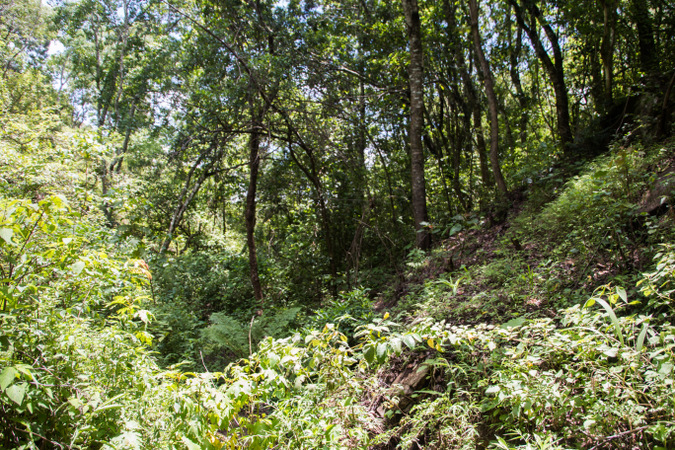
To comment on this story: Login (or sign up) to our app here - it's a troll-free safe place 
![]()






